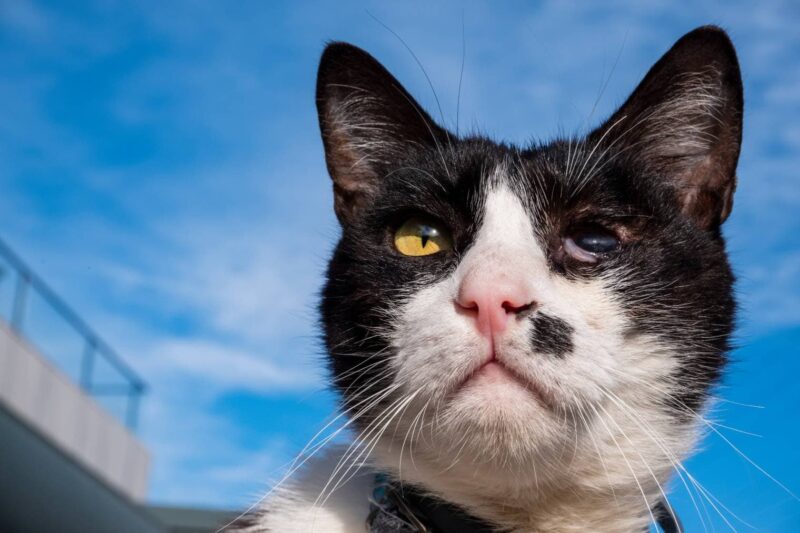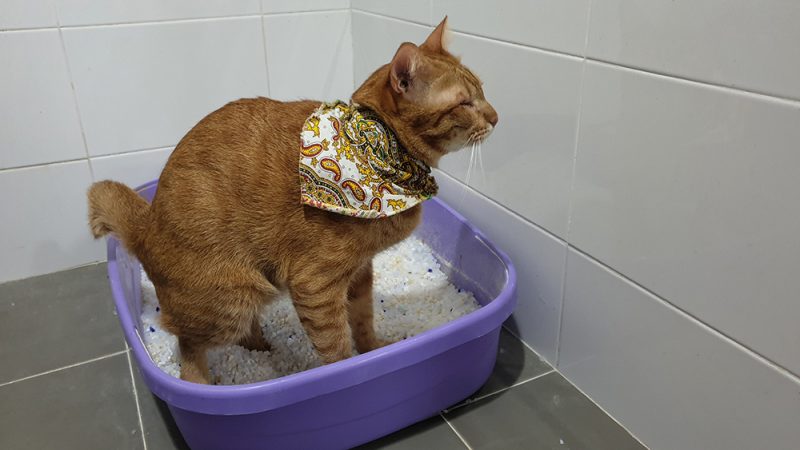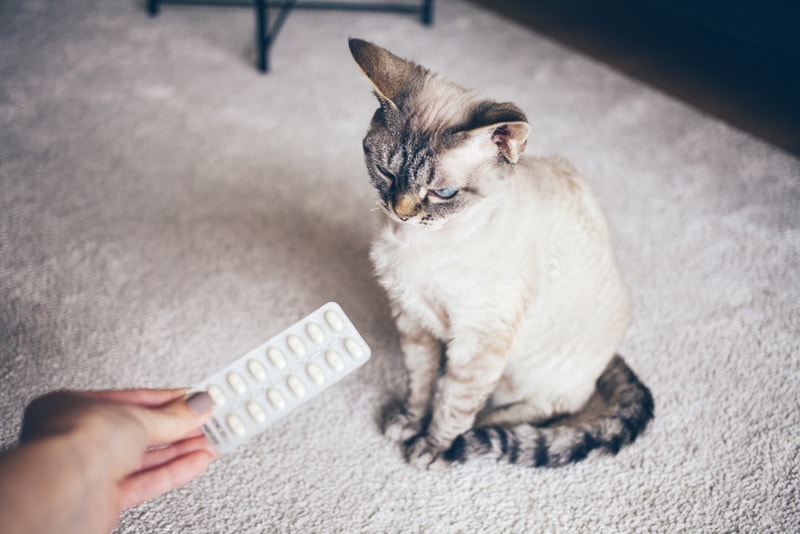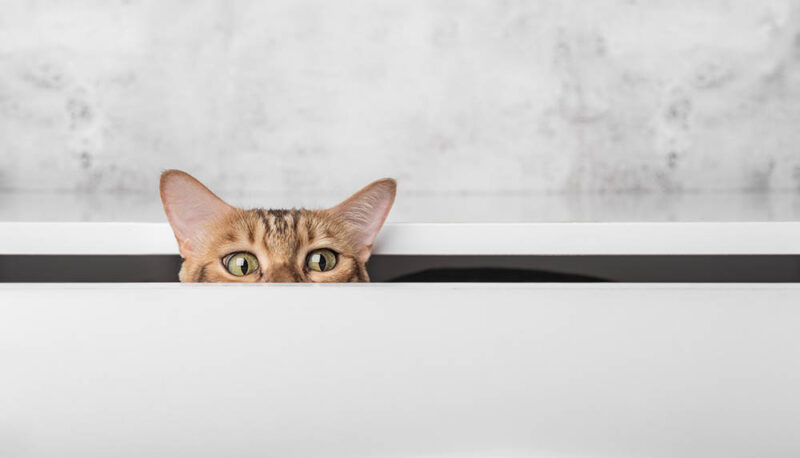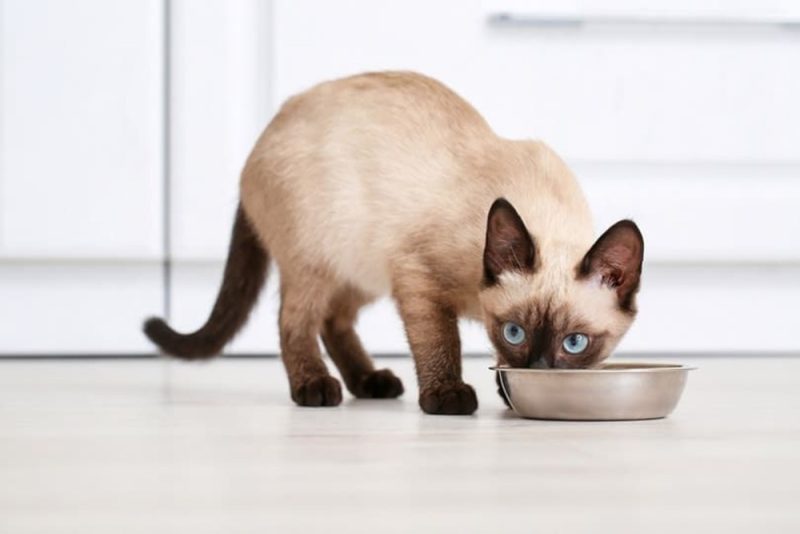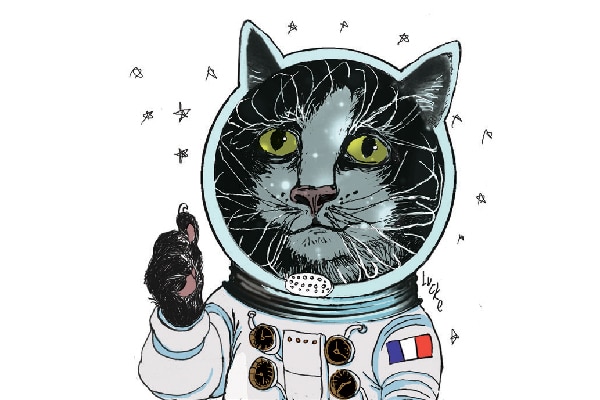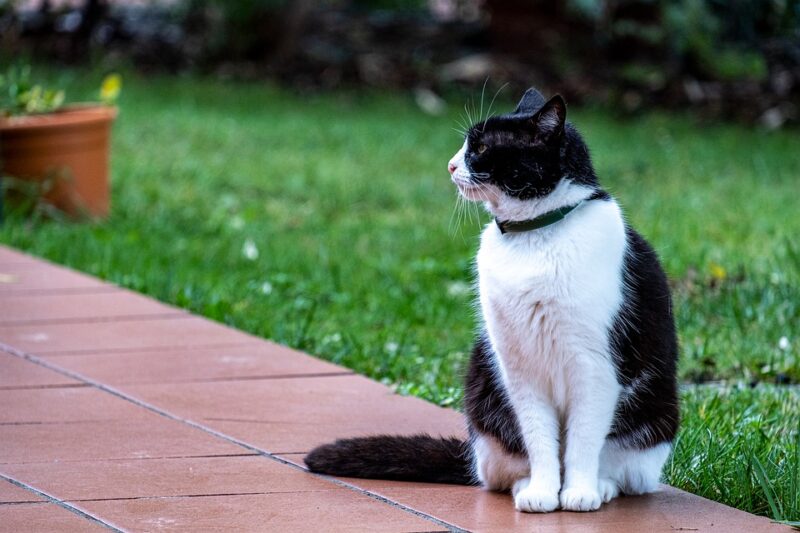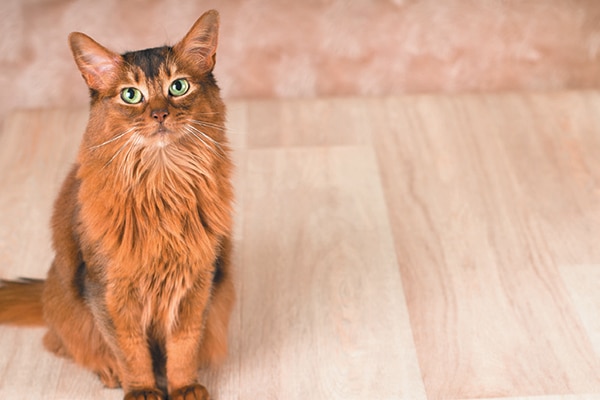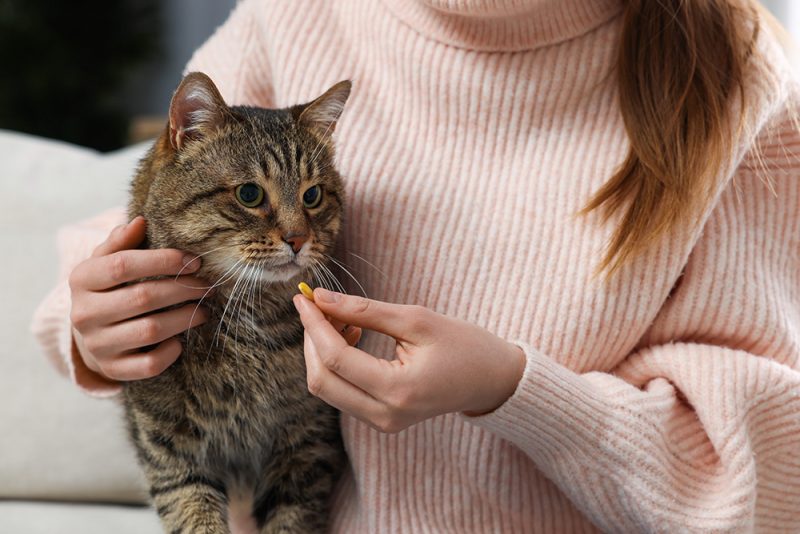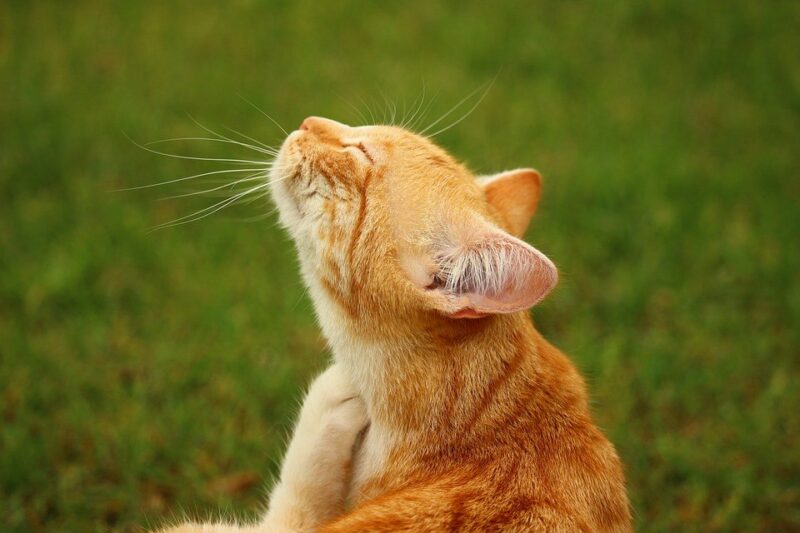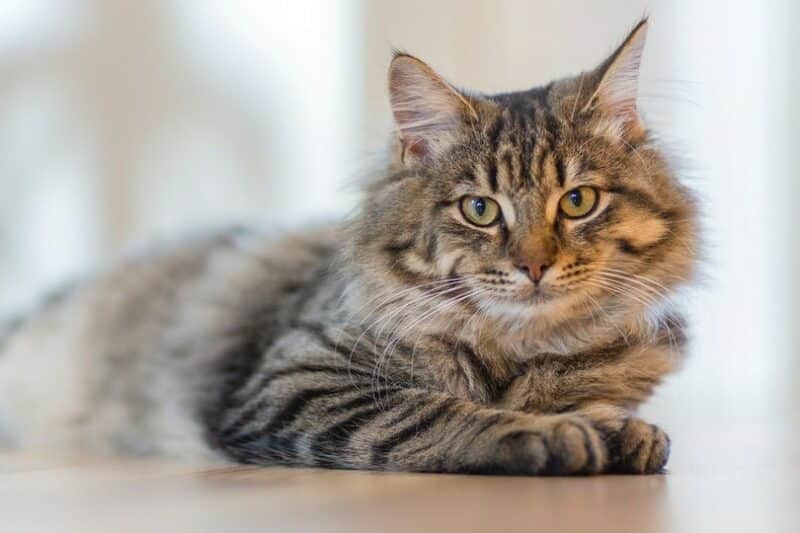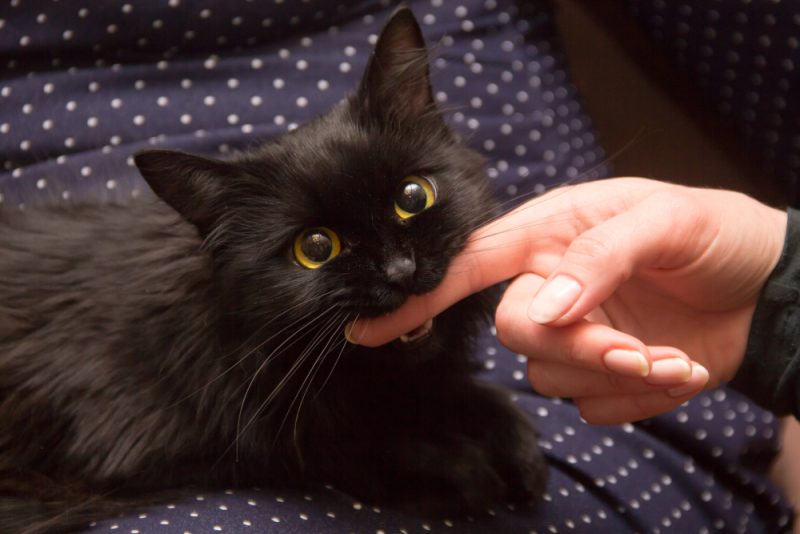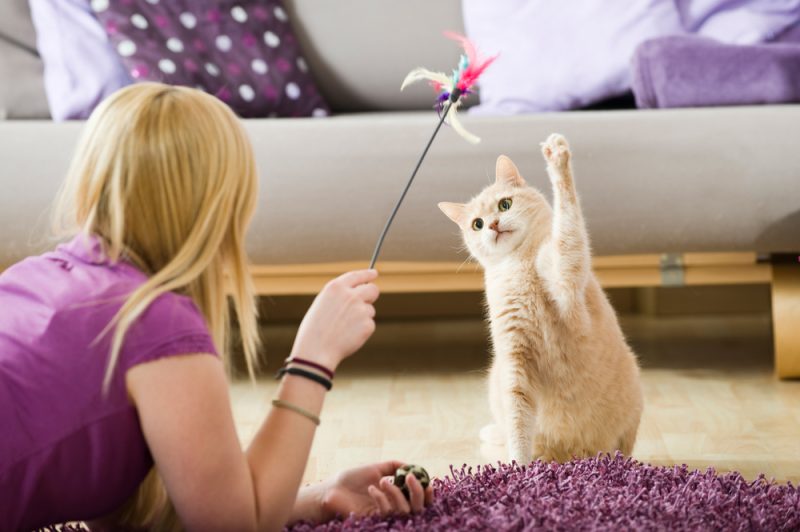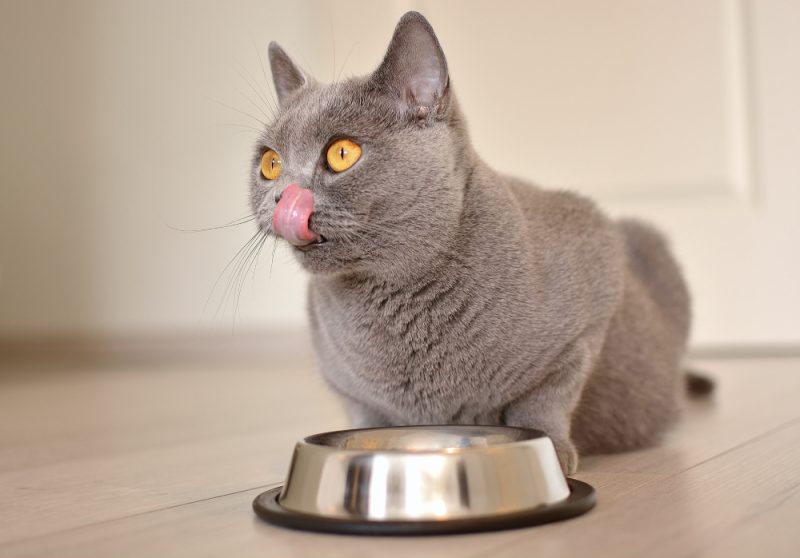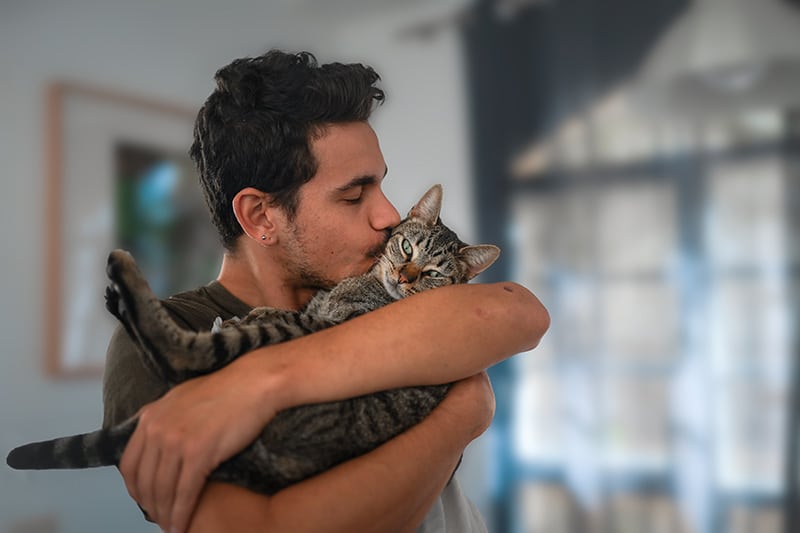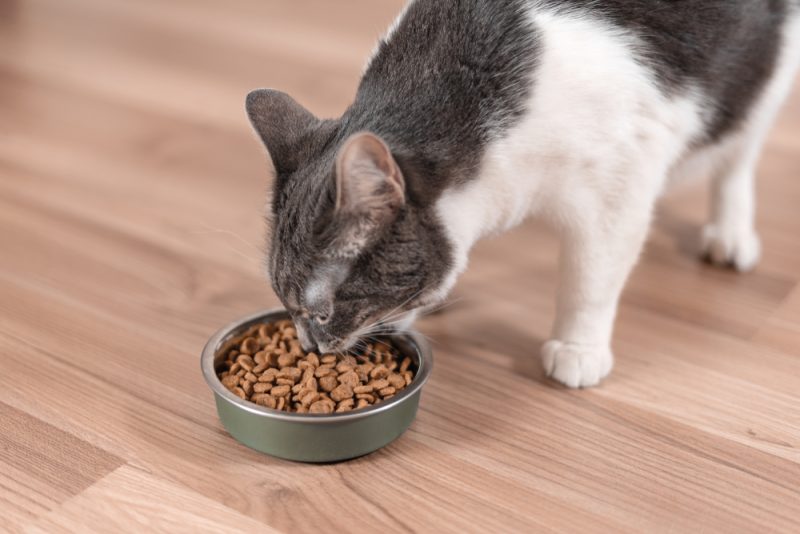Uveitis is an eye disease resulting from inflammation in the uvea of the eye. It is a serious condition that must be addressed promptly because it can commonly result in blindness. It can sometimes be challenging to treat, so it’s important to have your kitty evaluated by a veterinarian if you notice any of the subtle signs of this condition. Read on to learn more about uveitis, including its causes, signs, treatment options, and prognosis.

What Is Uveitis in Cats?
Before delving more deeply into uveitis, let’s learn a bit more about the anatomy of the eye.
The uvea refers to the vascular part of the eye consisting of the iris, the ciliary body, and the choroid. The iris is the part of the eye that gives it its color. It also controls pupil size. The ciliary body refers to the ring of tissue that encircles the lens. It contains the muscles that contract and relax to allow the lens to focus. The choroid is the eye’s middle layer.
Uveitis is an inflammation of one or more of the structures that make up the uvea. There are multiple causes of uveitis, and there are also different types of uveitis, depending on which structures are affected.
- Ciliary body + iris = anterior uveitis or iridocyclitis
- Choroid = posterior uveitis
- All three structures = panuveitis or true panuveitis
Uveitis can involve just one eye, or it may occur in both eyes simultaneously.
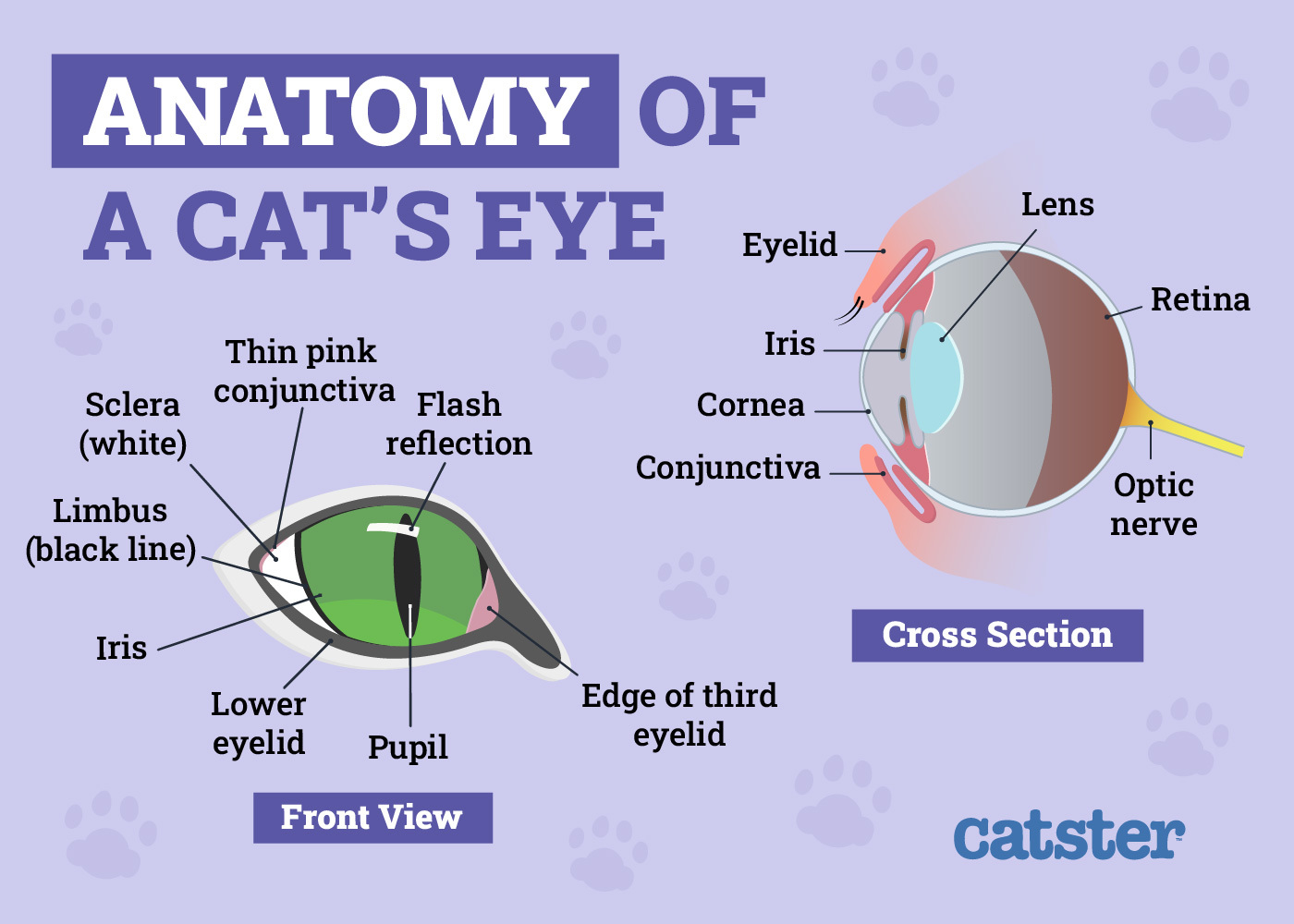
What Are the Signs of Uveitis in Cats?
Eye conditions in cats can be sneaky, and because cats are experts at hiding any signs of unwellness, you may not even realize they’re in pain or sick. Uveitis can have a sudden or acute onset or may develop very slowly and not be detectable for some time.
The signs of uveitis in cats include:
- Pawing at the eye
- Third eyelid elevation
- Squinting
- Spasmodic blinking
- Eye puffiness
- Avoidance of bright lights
- Cloudiness or bluish eye color
- Pupil color changes
- Pupil size or shape changes
- Keeping the affected eye shut
- Eye redness
- Difficulty seeing
- Watery discharge
- Mucus or pus discharge
Signs can be different depending on which eye structures are involved in the inflammation. If your cat’s anterior uvea is inflamed, you will probably notice eye cloudiness or bleeding in the front chamber of the eye. With posterior uveitis, retinal detachment can occur, which will result in dilated pupils and sudden blindness.
If an infection or virus is involved in your pet’s uveitis, they may show other clinical signs, such as fever, lethargy, and/or lack of appetite, depending on the issue at hand.
Is your cat presenting any of these signs? We suggest you speak with a vet online.
If you need to speak with a vet but can't get to one, head over to PangoVet. It's an online service where you can talk to a vet online and get the advice you need for your pet — all at an affordable price!

What Are the Causes of Uveitis in Cats?
There are two main categories for causes of this condition in cats:
- Ocular causes
- Systemic causes
Ocular Causes of Uveitis
Ocular causes of uveitis typically come down to one of four issues: eye trauma, cataracts, tumors, or scratches on the cornea (the eye surface), also known as corneal ulcers.
Systemic Causes of Uveitis
Systemic causes are the most common reasons a cat will develop uveitis. There are systemic non-infectious, infectious, and idiopathic causes.
Examples of non-infectious causes of uveitis include metastatic neoplasia, such as lymphoma.
Infectious systemic causes can include viral infections, such as those caused by feline immunodeficiency virus (FIV), feline leukemia virus (FeLV), and feline infectious peritonitis (FIP). Other infectious causes include bacterial, fungal, or parasitic infections, such as Toxoplasmosis.
Idiopathic causes of this condition include those for which no cause is found despite multiple diagnostic tests. Studies show that in 30% to 62% of cats with uveitis, no cause could be identified.
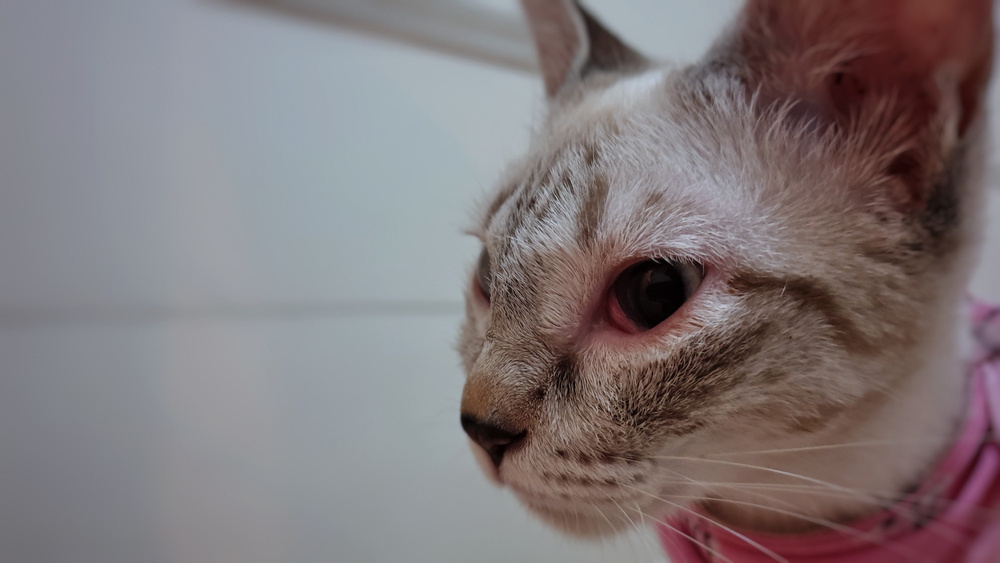
How Do I Care for a Cat With Uveitis?
The treatment for uveitis will depend upon the root cause of your kitty’s condition. However, initially, your veterinarian will be focused primarily on reducing inflammation and providing pain relief. Once they know what caused the condition, they can be more specific in their treatment methods.
Therapy can include antibiotics, anti-inflammatories, and medication to control eye pressure. If uveitis is caused by ocular trauma, treatment will likely require repairing the injury. Cats with infectious uveitis will require treatment for the underlying infection. Unfortunately, some cats will need months of treatment for this condition, and even with the right treatment, the risk of complications is high.
One of your veterinarian’s main goals will be to prevent short- or long-term problems associated with the eye inflammation. These complications can include conditions like glaucoma (which can lead to blindness), lens luxation (dislocation of the lens inside the eye), or retinal detachment. Your vet may need to examine your cat regularly to ensure these complications don’t develop, though the frequency of these check-ins will depend on the severity of your cat’s disease.
You will be expected to do some degree of monitoring at home to ensure your kitty’s signs don’t come back. Untreated uveitis can lead to blindness or eye loss, so you must remain diligent.
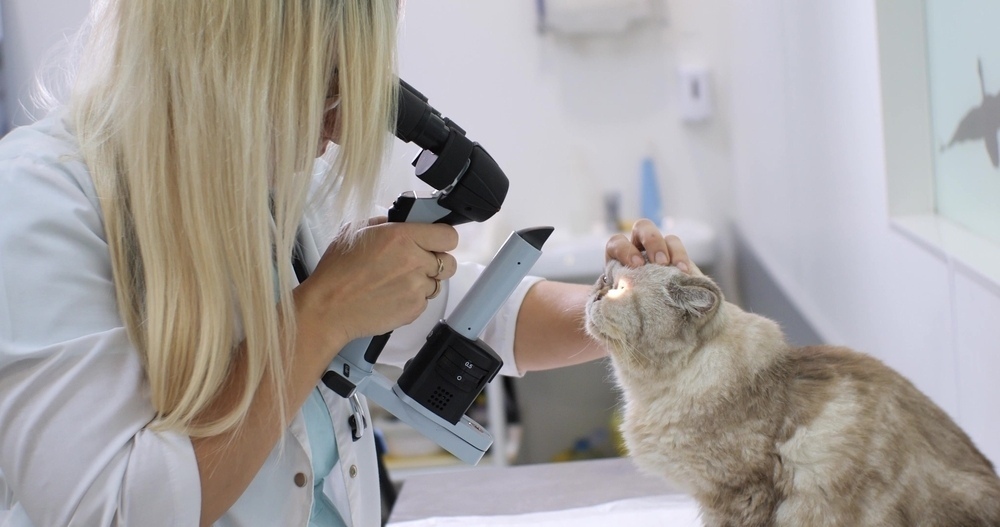

Frequently Asked Questions (FAQ)
How does a veterinarian diagnose a cat with uveitis?
Your veterinarian will begin the diagnosis process as they do with any other health condition, gathering a detailed medical history. They’ll want to know what signs your kitty may exhibit at home, such as sudden weight loss, appetite changes, or gastrointestinal issues like vomiting or diarrhea. They’ll complete a full physical, an ophthalmic examination, blood and urine tests, and maybe even imaging work. They may also recommend specific eye tests measuring tear production or pressure. Finally, they might recommend specific testing to rule out causes of uveitis, such as FIV testing or the feline leukemia test.
Is uveitis contagious?
It depends on the root cause of your cat’s condition. Uveitis can sometimes be a sign of an infectious disease that is contagious. For example, a kitty with uveitis resulting from systemic illnesses like FIV may be transmittable to other cats. Those who develop the condition as a result of toxoplasmosis can be contagious to cats and humans.
What is the prognosis?
The prognosis for uveitis depends on the cause. If uveitis is caused by a corneal scratch, most cases will see improvement within days. However, idiopathic or infectious uveitis can carry a guarded prognosis.
Complications can occur in some severe or recurrent cases. Your vet may recommend you see a veterinary ophthalmologist in special cases for access to special diagnostic procedures and management.
What happens if I don’t get my cat treatment for uveitis?
Untreated uveitis can present a host of issues for your kitty, so you must get them evaluated if you believe they’re presenting with signs of this condition. If left untreated, uveitis can cause blindness from ocular complications like glaucoma, cataracts, lens dislocation, retinal detachment, or eyeball atrophy (phthisis bulbi). The only way to ensure the best prognosis and prevent vision loss is to work with your veterinarian or veterinary ophthalmologist.
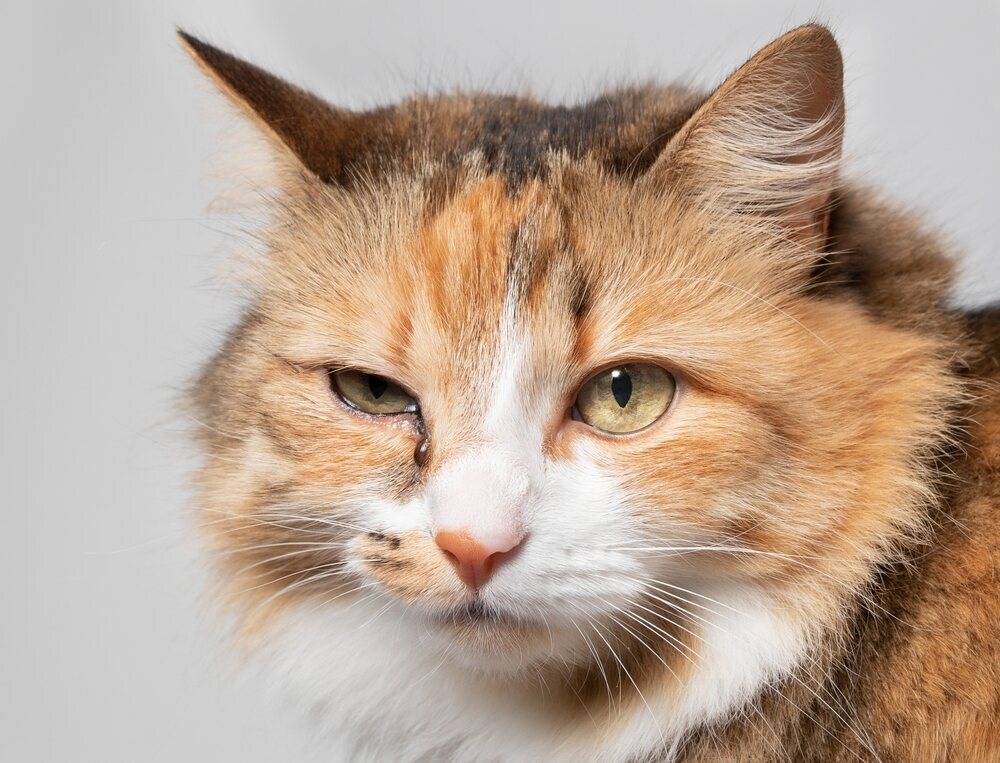

Conclusion
Uveitis is an inflammation of one or more of the structures that make up the cat’s uvea. There are several types of uveitis depending on which structures are affected, and the condition can occur due to several causes. This condition is painful and can lead to blindness or eye loss, so if you notice any of the signs in your kitty, a visit to the vet is absolutely in order.
Featured Image Credit: Koraybozkus, Shutterstock
